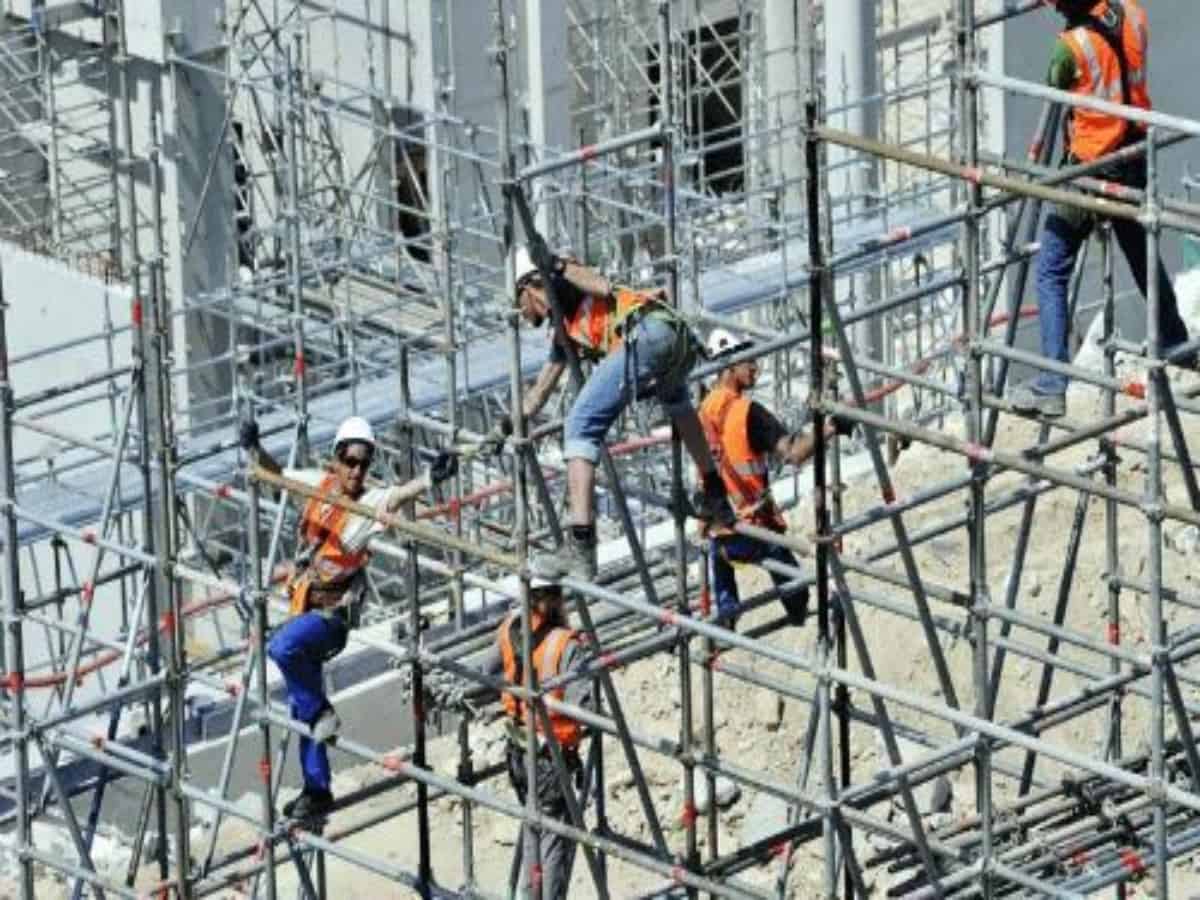
Jeddah: Saudi Arabia’s Minister of Finance Mohammed Al-Jadaan has said that there is no change in the value-added tax (VAT) or the levy for expatriate workers at present.
Al-Jadaan stated that there is a decline in the impact of oil price volatility on the state budget and that the distribution of the 2022 budget surplus will take place only after the end of the fiscal year.
“No portion of this year’s surplus will be used to repay public debt. The Public Investment Fund has sufficient liquidity and assets while SAMA’s reserves increased by about SR50 billion in 2022,” he said in an interview with Al Arabiya.
Explaining spending on projects, the minister said: “We have spent about SR30 billion on major projects in 2022, and we will continue to spend similar amounts on major projects in 2023 and 2024.”
The Saudi Finance minister noted that the tax burden on the private sector is 16.8 percent, which is less than what is recommended globally, and currently, there is no directive to review this although it is studied periodically.
“The ratio of Saudi public debt is much lower than the average in G20 countries,” he added.
Saudi Arabia this year achieved its first fiscal surplus since 2013 and it forecasts an economic growth by 3.1 percent in 2023.
The total spending will reach SAR 1.114 ($300 billion) trillion in 2023, down from SAR 1.132 trillion ($301 billion) in 2022, adding that public debt will decline by 3.5 percent in 2023 to SAR 951 billion ($253 billion), according to news reports.
Non-oil GDP growth is expected at 5.9 percent this year, the world’s top oil exporter said in a budget statement.
Saudi government reserves at the Saudi Central Bank are expected at about 399 billion riyals at the end of next year, the statement said.
